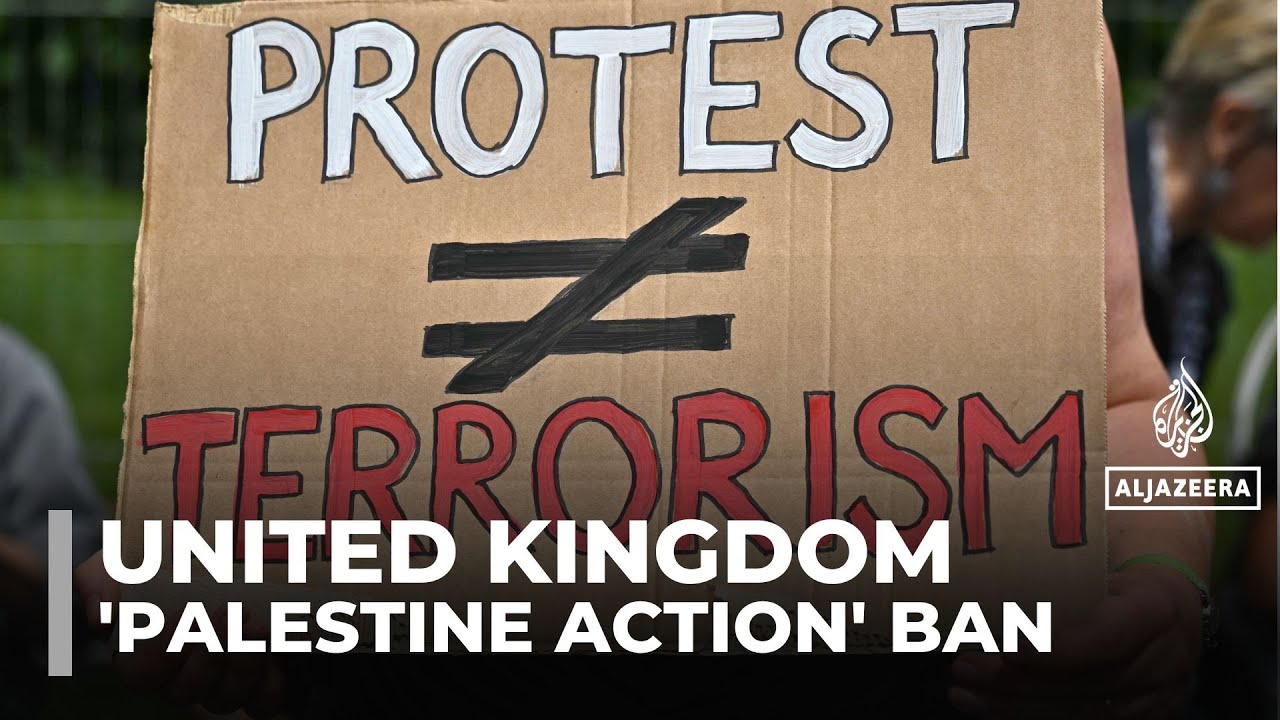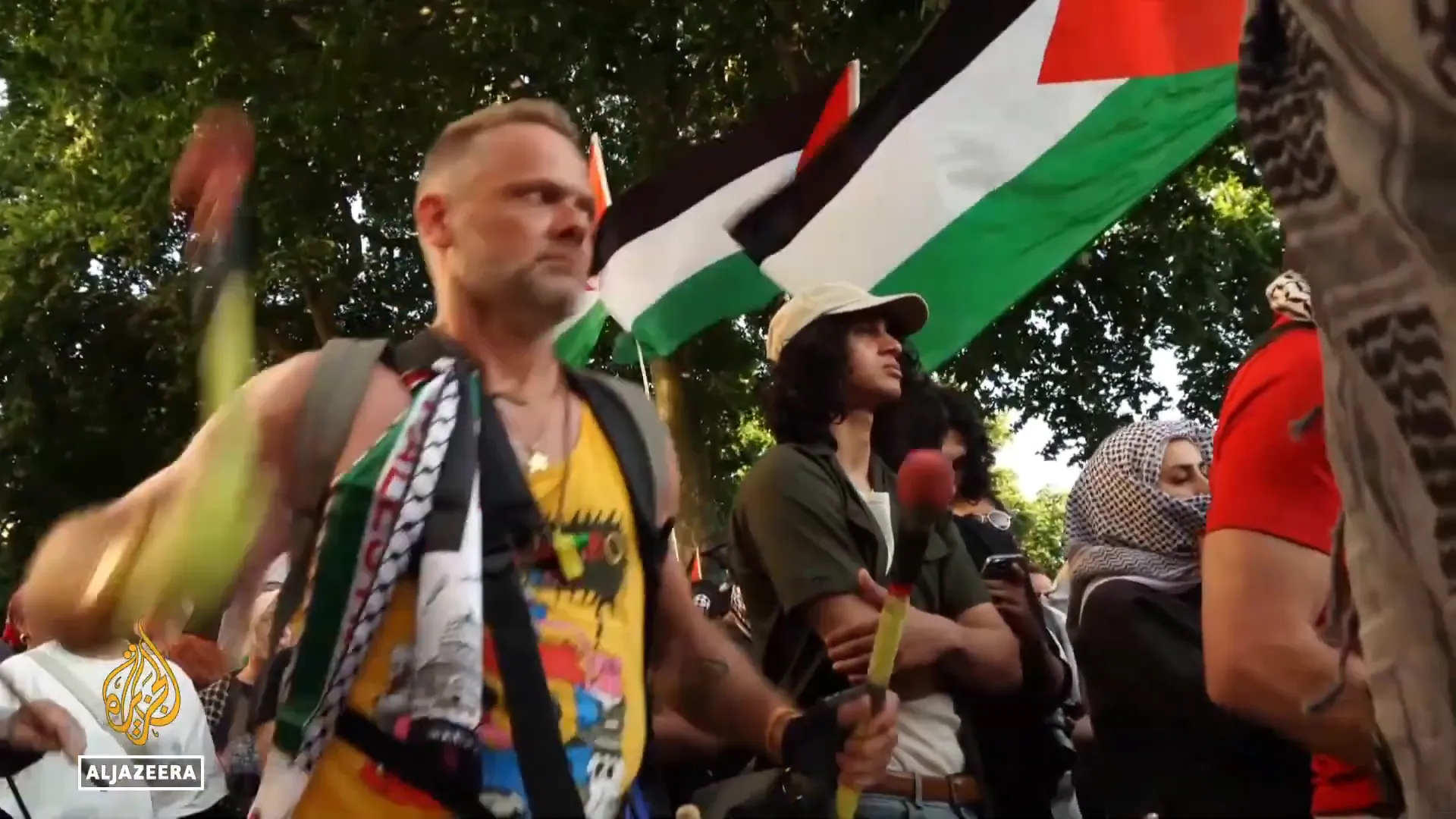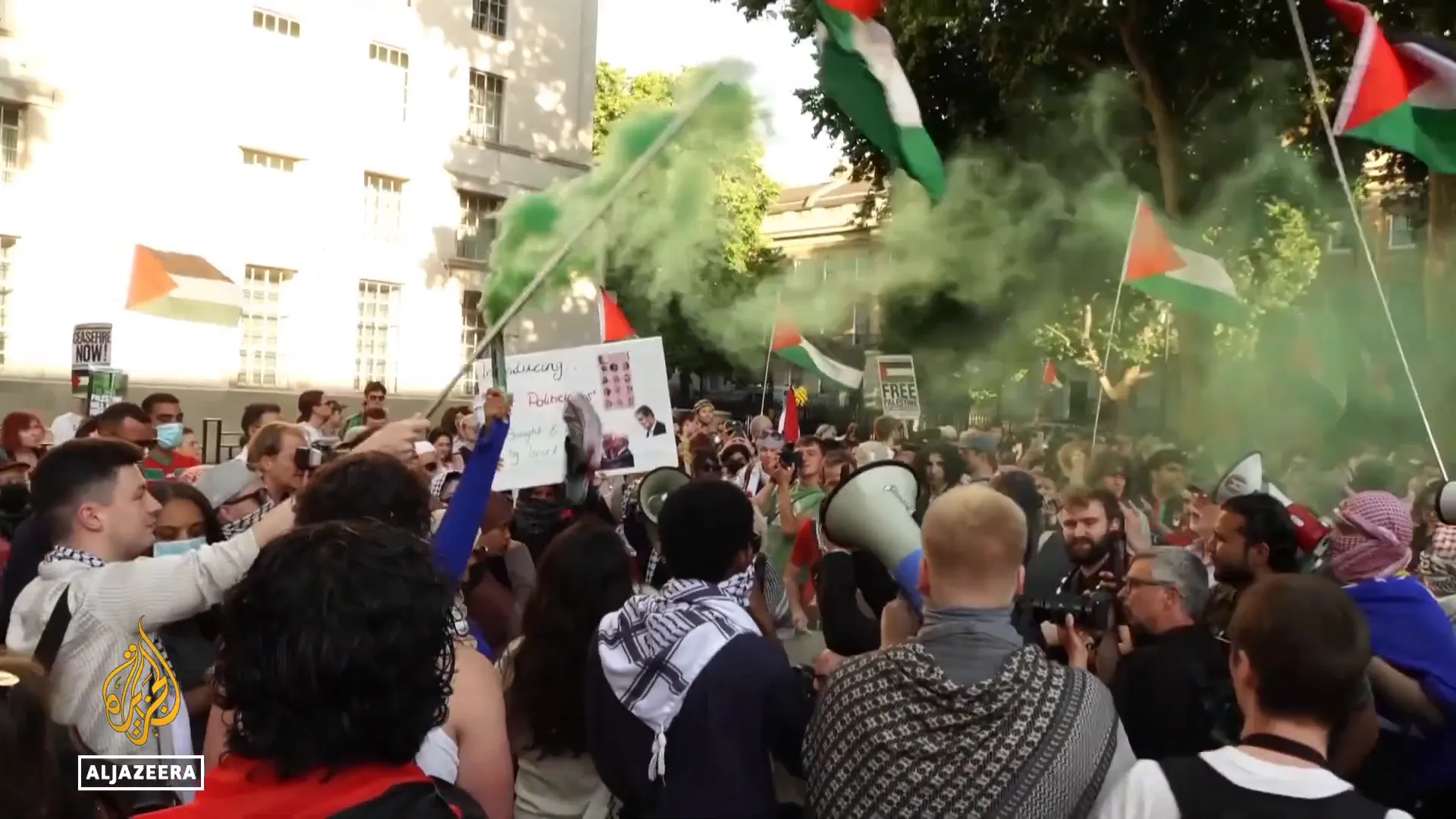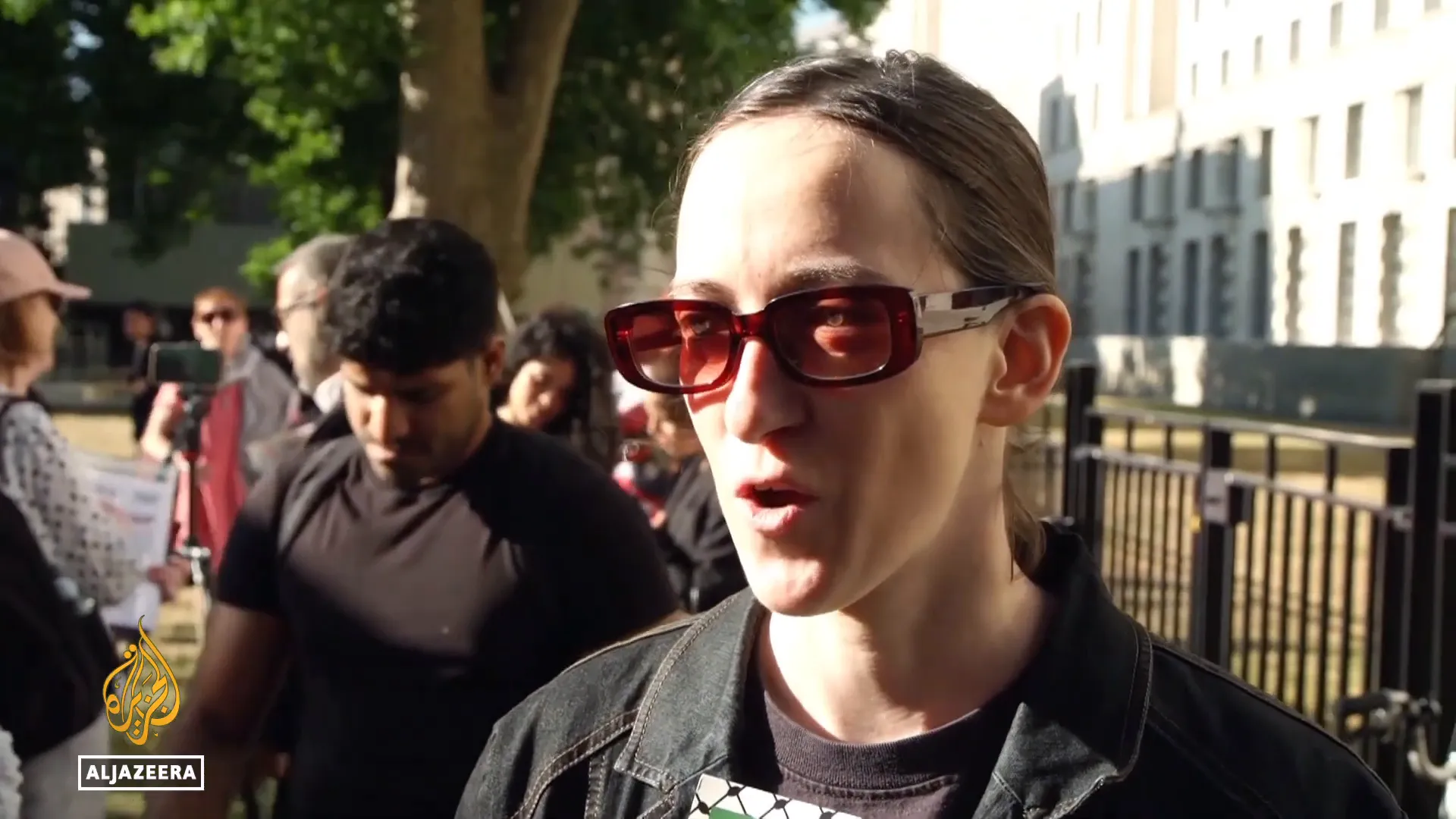Jul 3, 2025
UK Lawmakers Approve Ban on Palestine Action as ‘Terrorist’ Group

The UK government has taken a significant step towards banning the protest group Palestine Action by designating it as a terrorist organisation. This decision marks the first attempt to outlaw a direct action group in the UK, stirring considerable debate about the boundaries of protest and civil liberties. Below, we explore the details surrounding this controversial move, the responses from activists and lawmakers, and the broader implications for the right to protest in the UK.
Table of Contents
- Who Is Palestine Action?
- The Parliamentary Vote and Its Controversy
- Voices from the Protesters
- Legal Challenges and Civil Liberties Concerns
- What Does This Mean for the Future of Protest in the UK?
- Frequently Asked Questions (FAQ)
Who Is Palestine Action?
Founded in 2020, Palestine Action is a protest group known for orchestrating direct actions against businesses and institutions. Their targets include key national infrastructure and defense firms that supply services and materials supporting Ukraine, NATO, the UK’s Five Eyes intelligence alliance, and the UK defense industry itself.
Over time, their methods have escalated in intensity, with members demonstrating a readiness to use violence to achieve their goals. This growing aggression has been a driving factor behind the government's decision to seek the group’s proscription as a terrorist organisation.

The Parliamentary Vote and Its Controversy
UK Members of Parliament voted in favor of prescribing Palestine Action as a terrorist group, a move that could lead to the group being banned outright. This legislation, if passed into law, would criminalise not only the group’s activities but also public expressions of support for them. Simply showing support could result in a prison sentence of up to fourteen years.

However, the decision was not unanimous. Some lawmakers voiced concerns about the implications of this ban. One MP highlighted the long history of direct action in the UK, noting that while such actions often challenge democratic norms and are difficult for society to accept, they should not be automatically equated with terrorism. The MP stated:
“There is a long history in this country of direct action which pushes the boundaries of our democracy. Very difficult for all of us, but actually, they are still direct action. It’s not criminal—oh, sorry, terrorist action.”
Voices from the Protesters
Outside Downing Street, the mood among Palestine Action supporters remained defiant. Despite the threat of severe legal consequences, many protesters expressed their determination to continue their activism. One participant boldly stated:
“It’s no way that they could arrest all of us.”
Others clarified that even if the group were proscribed, it would not prevent people from gathering or engaging in resistance; it would simply restrict public endorsement of Palestine Action by name. As one protester put it:
“It just would mean that we wouldn’t be able to voice support for them, but we can still just call it resistance.”
When asked if the threat of arrest or deportation intimidated them, a protester responded candidly:
“I’m not scared anymore of them. You know, what can they do? Like, deport me or arrest me? Well, that’s not the worst thing that can happen to people.”

Legal Challenges and Civil Liberties Concerns
The prescription order has now moved to the House of Lords, where the next vote on the ban will take place. Meanwhile, Palestine Action is preparing to mount a legal challenge against the designation. Civil liberties organisations have voiced strong concerns, warning that this move could set a dangerous precedent for the right to protest in the UK.
They argue that categorising direct action groups as terrorist organisations risks criminalising legitimate dissent and undermining democratic freedoms. The debate highlights the delicate balance between national security interests and civil liberties in modern governance.
What Does This Mean for the Future of Protest in the UK?
The government’s move to ban Palestine Action signals a heightened stance against protest groups that use direct action and potentially violent methods to push their agendas. While supporters of the ban argue it is necessary to protect national security and critical infrastructure, opponents fear it could stifle activism and free expression.
As the legislation progresses, all eyes will be on how the House of Lords responds and how courts handle the legal challenge. The outcome could redefine the limits of protest and resistance in the UK for years to come.
Frequently Asked Questions (FAQ)
What is Palestine Action?
Palestine Action is a UK-based protest group founded in 2020. It targets businesses and institutions involved with defense and national infrastructure that support Ukraine, NATO, and the UK defense industry, often through direct and sometimes aggressive actions.
Why is Palestine Action being banned?
The UK government is seeking to ban Palestine Action by designating it as a terrorist organisation due to its increasingly aggressive tactics and willingness to use violence against key institutions.
What are the legal consequences if the ban passes?
If the ban becomes law, supporting Palestine Action publicly could result in up to 14 years in prison. The group itself would be outlawed, and its members could face prosecution.
Are all lawmakers in agreement about the ban?
No. Some MPs argue that while Palestine Action engages in direct action that challenges democracy, it should not be classified as a terrorist group. They caution against equating protest with terrorism.
What is the current status of the ban?
The prescription order has passed the House of Commons and is now awaiting a vote in the House of Lords. Palestine Action is preparing a legal challenge against the ban.
How could this affect the right to protest in the UK?
Civil liberties groups warn that this ban could set a precedent that restricts legitimate protest and free expression, potentially criminalising dissent that uses direct action tactics.